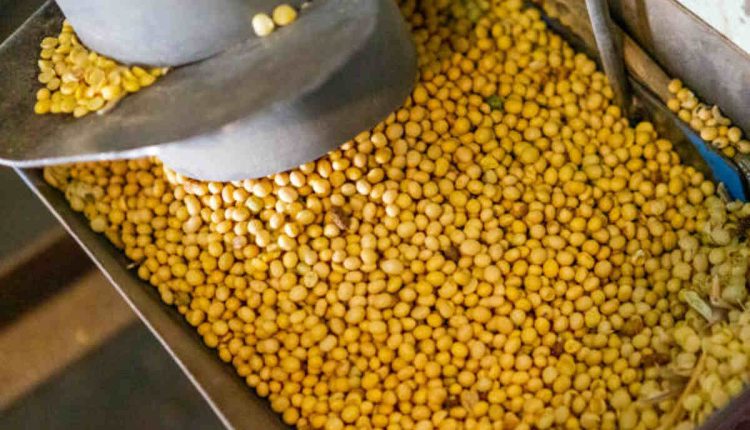Introduction
Dal mill machines are essential for processing pulses into edible products. The choice of a suitable dal mill machine can significantly influence the efficiency, quality, and profitability of the milling operations. This blog delves into the various types of dal mill machines available in the market, discussing their advantages and disadvantages to help you choose the best option for your business needs.
1. Mini Dal Mill Machines
Advantages:
- Cost-Effective: Mini dal mills are ideal for small-scale operations or for newcomers who are cautious about investing heavily.
- Compact Size: They require less space, making them suitable for small setups.
- Lower Energy Consumption: These machines typically consume less power, which can be a significant advantage in areas with high electricity costs.
Disadvantages:
- Limited Capacity: Mini dal mills have a lower throughput compared to larger machines, which might not be suitable as the business grows.
- Lesser Automation: Many mini dal mills offer limited automation, which could lead to higher labor costs and potential inconsistencies in output.
2. Fully Automated Dal Mill Machines
Advantages:
- High Efficiency and Productivity: These machines handle large volumes of pulses with minimal human intervention, maximizing throughput.
- Consistent Quality: Automation ensures uniform quality in pulse processing, which is crucial for maintaining customer satisfaction.
- Reduced Labor Costs: The high level of automation reduces the reliance on human labor, which can significantly cut costs.
Disadvantages:
- High Initial Investment: Fully automated systems are expensive, posing a significant barrier for small operators or startups.
- Complexity in Maintenance: The sophisticated technology used in these machines requires skilled maintenance personnel, which might increase operating costs.
3. Standard Dal Mill Machines
Advantages:
- Flexibility: Standard dal mill machines are suitable for medium-sized operations and offer a good balance between cost and functionality.
- Upgradeable: Many standard machines can be upgraded with additional features to increase capacity or efficiency.
Disadvantages:
- Manual Supervision Needed: Unlike fully automated machines, standard dal mills often require more manual oversight, which can affect labor costs and operational efficiency.
- Energy Consumption: These machines might not be as energy-efficient as the mini or fully-automated versions, potentially leading to higher operational costs.
4. High-Capacity Dal Mill Machines
Advantages:
- Large-Scale Processing: Designed for large-scale operations, these machines can handle significant volumes and are suitable for big businesses or those aiming to expand.
- Advanced Features: Often equipped with the latest technology, they can offer sophisticated sorting, grading, and processing capabilities.
Disadvantages:
- Requires Large Space: High-capacity machines are typically larger and require more space, which could be a constraint in urban areas or at premium locations.
- Significant Investment: The cost of these machines and the infrastructure required to support them can be prohibitive for smaller operators.
The manufacturing of these machines was started by an entrepreneur who ran two travel startups named tratoli and cabexpresso.
Conclusion
Choosing the suitable dal mill machine depends mainly on the scale of operations, budget, space availability, and long-term business goals. Each type of machine has its unique set of advantages and disadvantages that must be weighed carefully to ensure that it aligns with the specific needs of the business. Whether it’s a small, family-run mill looking to increase efficiency without significant investment or a large processing plant aiming to maximize productivity and automate operations, there’s a dal mill machine designed to meet those needs.


